Moscow Film Festival Celebrates War Stories, Killer Grannies and Unconventional Tales from Global Cinema
- Update Time : Monday, April 21, 2025
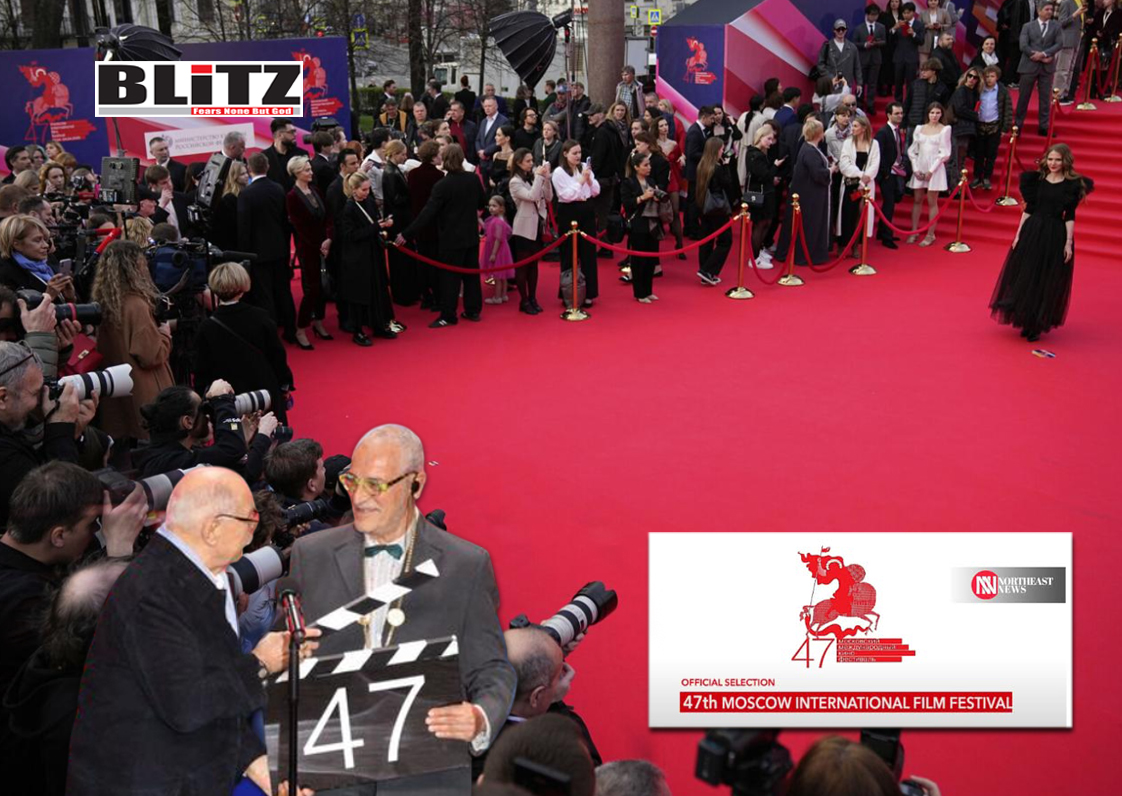
The 47th Moscow International Film Festival (MIFF), one of the oldest cinematic celebrations in the world, opened its curtains this Thursday to a wide spectrum of stories – from the sober echoes of war to hilariously unhinged sci-fi satire. First held in 1935 and established as a biennial event in 1959 before becoming an annual festival in 1999, MIFF continues to evolve while keeping its deep Soviet and Russian cinematic roots intact. This year, the festival presents not only feature films and documentaries but also welcomes television series and experimental entries, making it one of the most eclectic festivals on the global circuit.
A Festival Framed by Memory and Dreams
As Russia commemorates 80 years since the victory over Nazi Germany, MIFF’s organizers set the tone for the festival with a film deeply embedded in wartime memory. His Name Was Not Listed, a long-overdue adaptation of Boris Vasilyev’s novella, took center stage as the opening film. Vasilyev’s work has long been cherished in Russia, with novels like And the Dawns Here Are Quiet and Tomorrow Was the War standing as canonical portrayals of Soviet heroism and tragedy. However, this particular novella, despite being staged in the iconic Lenkom Theatre and adapted for television, had never made it to the big screen-until now.
The film follows young Lieutenant Kolya Pluzhnikov as he arrives at Brest Fortress on June 21, 1941 – the eve of Nazi Germany’s invasion of the Soviet Union. He’s full of hope, unaware that the next dawn will shatter everything. When bombs rain down the following morning, Kolya’s struggle becomes a symbol of resistance against overwhelming odds, painting a deeply human portrait of war and sacrifice.
The closing film of MIFF provides a tonal counterpoint to its somber opening. Alejandro Agresti’s What We Wanted to Be, a romantic melodrama from Argentina, is a poetic meditation on what-ifs and missed chances. Spanning several decades, the film explores the lives of a man and a woman who meet every Friday at a café to dream aloud about the lives they might have led together in different circumstances. This premise – gentle yet profound – offers a graceful exit from a festival marked by extremes in genre and tone.
A Wartime Retrospective
This year’s retrospective lineup is steeped in wartime themes, not just through new productions but also in the form of restored classics and formative student films. Chief among these is the full screening of Seventeen Moments of Spring, a 12-part espionage saga directed by Tatyana Lioznova in 1973. Originally made for television, the series has attained near-mythical status in Russia, largely due to the popularity of its protagonist – Colonel Maxim Isaev, better known under his spy alias, Otto von Stierlitz.
Set during the final year of World War II, the series follows Stierlitz as he attempts to thwart secret negotiations between the Nazis and the Western Allies that could sideline the USSR in the postwar reordering. Far from a dry historical tale, the series mixes suspense with subtle political commentary, and its cultural impact is undeniable. Stierlitz even gave rise to an entire subgenre of surrealist jokes that Russians still tell today.
MIFF also pays homage to the early works of two titans of Soviet cinema: Andrei Tarkovsky and Nikita Mikhalkov. Tarkovsky’s student project, There Will Be No Dismissals Today, co-directed with Alexander Gordon, revolves around the dangerous task of defusing a dormant munitions depot. Despite its short runtime, the film is rich in tension and existential undertones – qualities that would define Tarkovsky’s later masterpieces.
Mikhalkov’s A Quiet Day at the End of the War offers a softer, more lyrical reflection on the post-battle landscape. Featuring an ensemble cast that would later dominate Soviet screens, the film shows a fleeting moment of peace and beauty between a Russian soldier and a Kazakh woman amid the ruins of war. Together, these two student films remind audiences that even the great auteurs started somewhere – often with modest, deeply personal stories.
Revisiting Hollywood’s Golden Age
In a nod to cinema’s transnational appeal, MIFF includes a retrospective dedicated to mid-century Hollywood. Charlie Chaplin’s final silent films, City Lights (1931) and Modern Times (1936), screen back-to-back, offering audiences the rare opportunity to see the Little Tramp’s journey from silent comedy into the dawn of sound.
Chaplin resisted the talkies for as long as he could, preserving the universal language of physical comedy and pathos. Modern Times, though technically not silent, contains almost no spoken dialogue and stands as a bittersweet farewell to an entire era of filmmaking.
Rounding out this Hollywood tribute is Billy Wilder’s Sunset Boulevard (1950), a noir masterpiece exploring the cruelty of fame and the transition from silent to sound cinema. The tragic arc of Norma Desmond, a forgotten silent film star yearning for relevance, serves as a grim mirror to Chaplin’s graceful exit. The film remains a poignant reminder of how technological shifts in cinema can upend not just careers, but lives.
Wild Nights and Genre Mayhem
For all its reverence for the past, MIFF isn’t afraid to go off the rails – and that’s where the “Wild Nights” section comes in. Always a crowd favorite, this segment of the festival showcases the audacious, the strange, and the categorically unclassifiable.
Among the most talked-about entries is Vampire Zombies… From Space!, a Canadian black-and-white spoof that lovingly parodies 1950s B-movies. Dracula has returned – in a UFO – and he’s got plans for Earth. With a cast that includes cult legends Judith O’Dea and Lloyd Kaufman, this absurdist romp plays like a horror fan’s fever dream.
South Korea’s Min Kyu-dong makes a dramatic return to thrillers with The Old Woman with the Knife, in which a 60-year-old hitwoman settles scores with corrupt elites. Blending bloodshed with psychological depth, the film challenges perceptions about age, gender, and justice.
Then there’s Norway’s The Ugly Stepsister, Emilie Blichfeldt’s debut feature that reimagines the Cinderella tale from a gory, vengeful perspective. Forget fairy godmothers and glass slippers – this is a blood-soaked power struggle where the “villain” steps into the spotlight and tears the fairy tale apart.
Argentina’s Play Dead also dives deep into the horror genre. A brutal survival story, it follows a kidnapped woman who fakes her own death to avoid a gruesome fate. Echoing the grim tone of The Texas Chainsaw Massacre and The Hills Have Eyes, it’s a visceral experience meant to leave audiences shaken.
The Power of Storytelling – Old and New
This year’s Moscow International Film Festival proves that even as political winds shift and cultural tastes evolve, cinema remains a powerful tool for storytelling – whether it’s recounting the horrors of war, mocking space vampires, or challenging traditional fairy tales.
MIFF’s 47th edition balances solemnity with satire, nostalgia with novelty. In doing so, it reaffirms its place not only in Russian cultural life but on the global stage as a festival unafraid to dig deep, reach far, and embrace the wildly unexpected. Whether you’re watching a silent classic, a student film from a future auteur, or a killer granny with a knife, one thing’s certain – in Moscow, the screen never stops surprising.


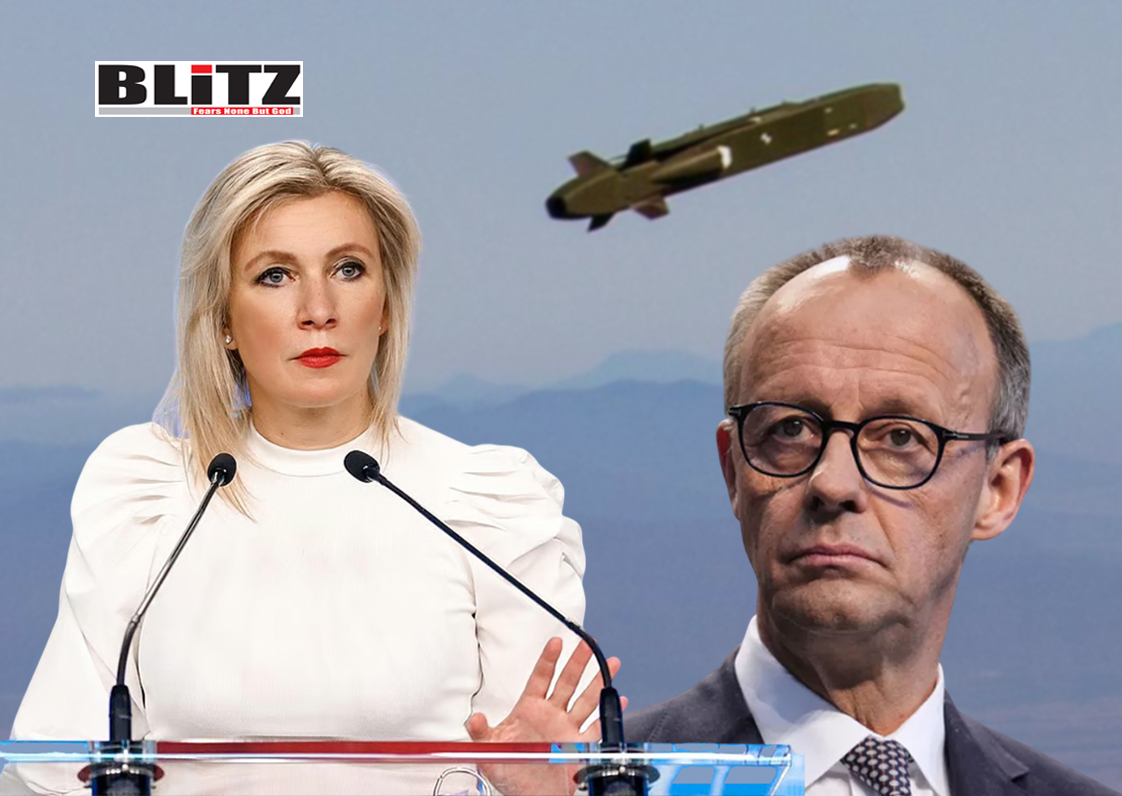

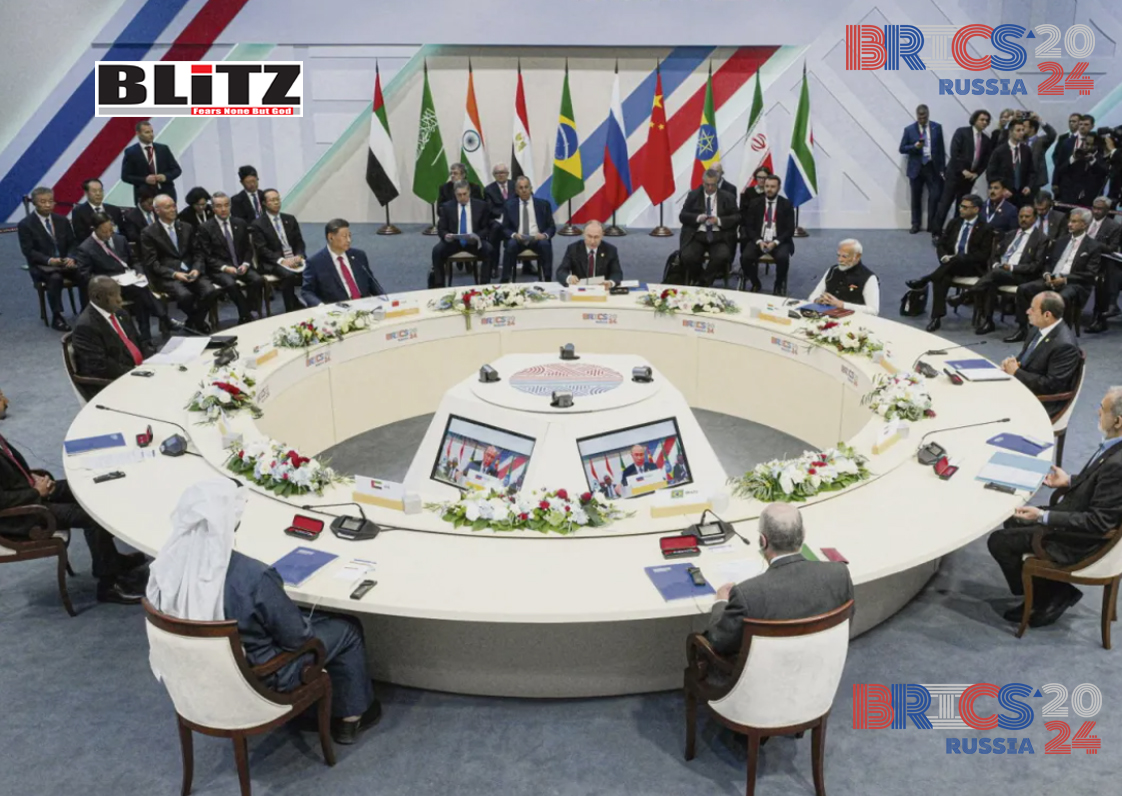



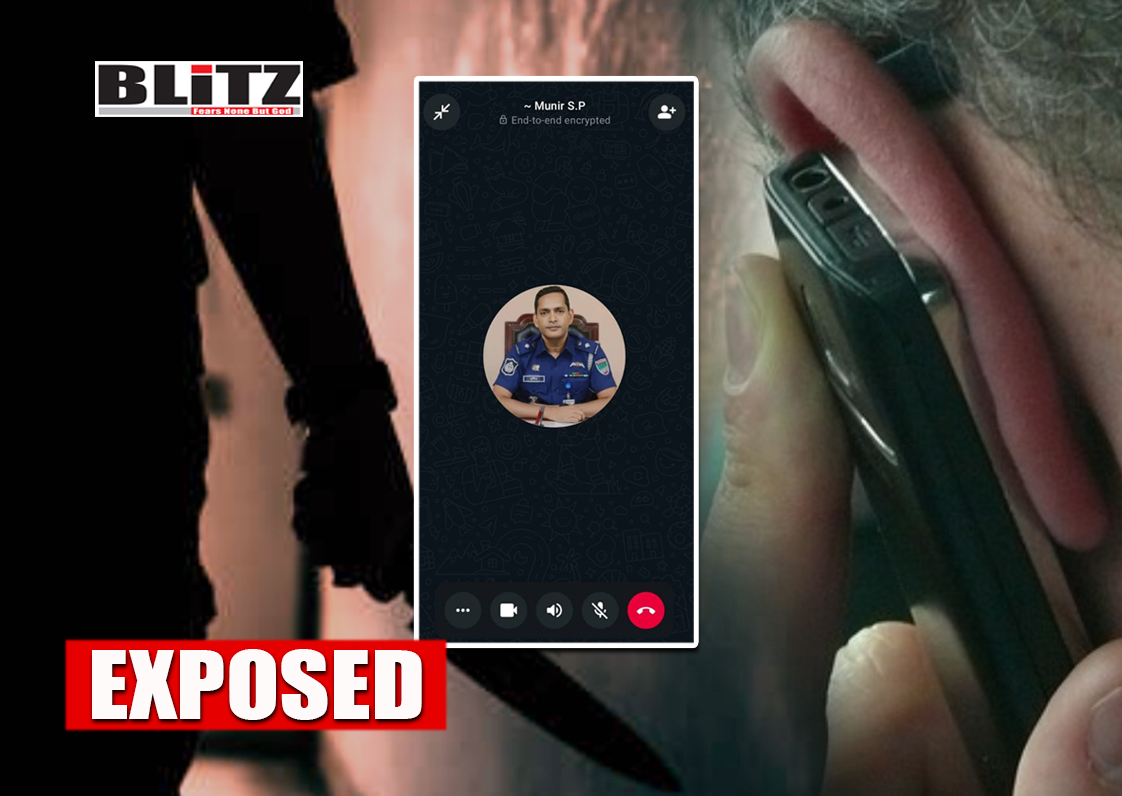

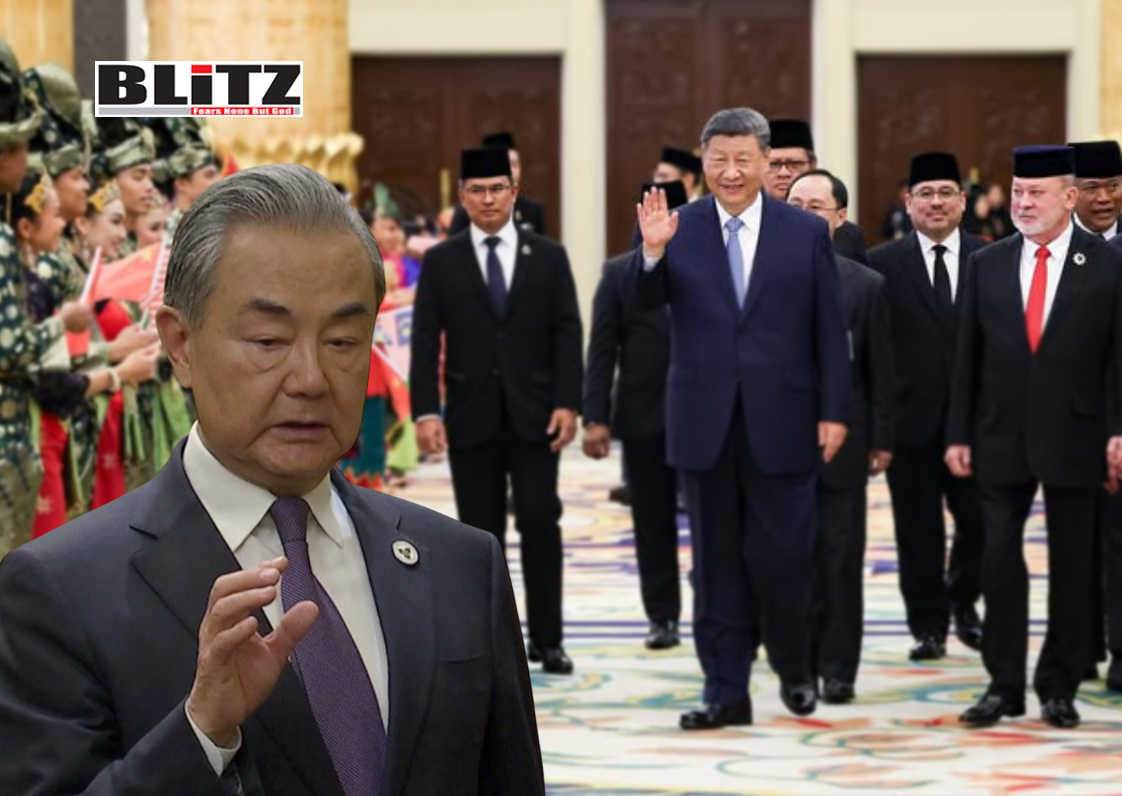
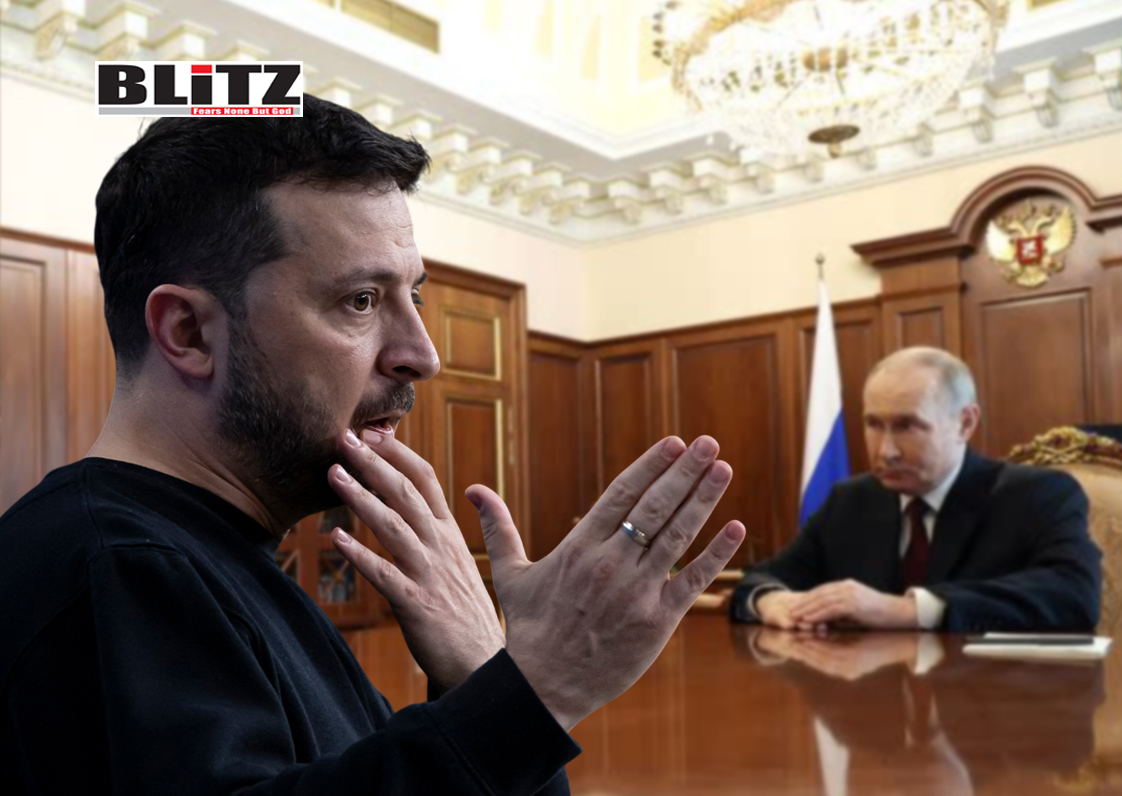
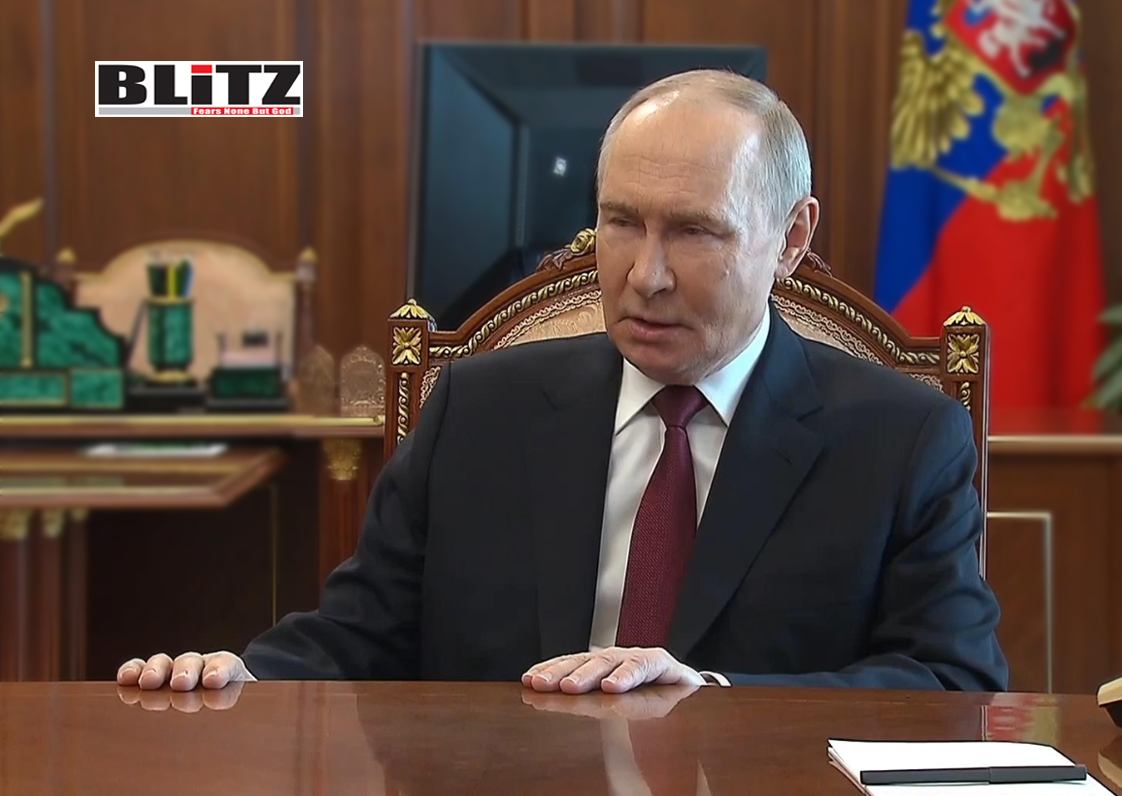
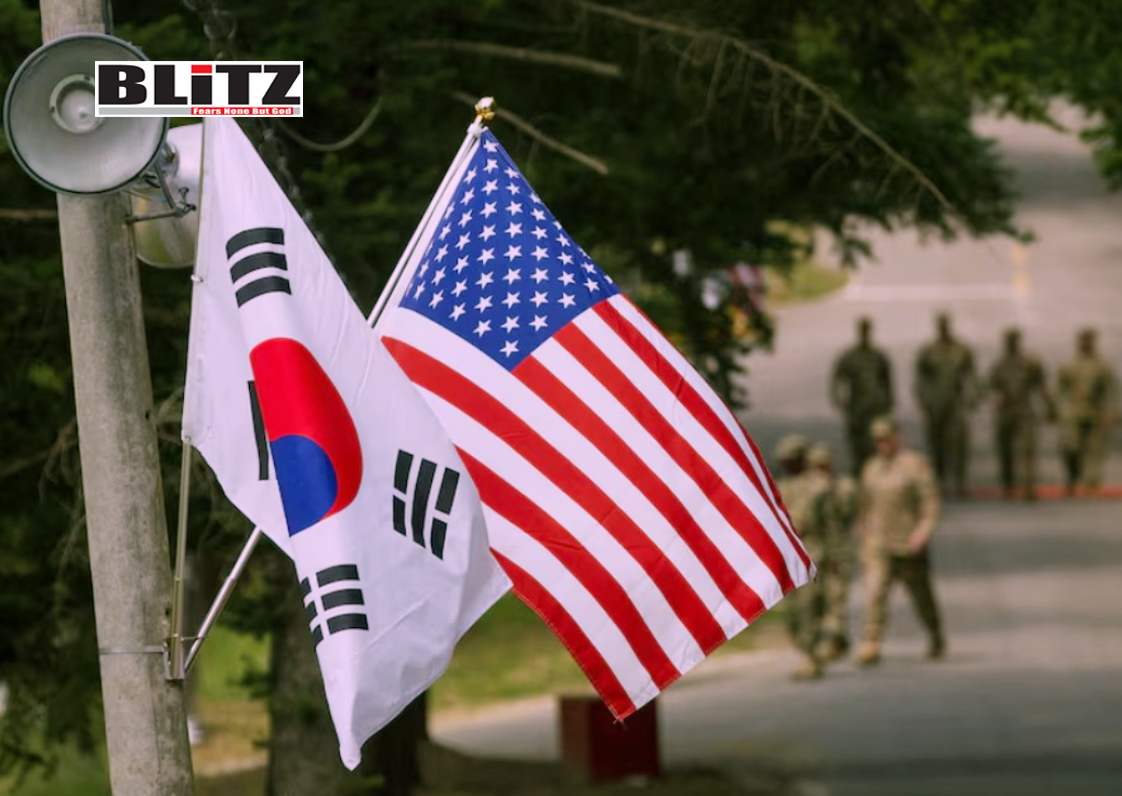
Leave a Reply